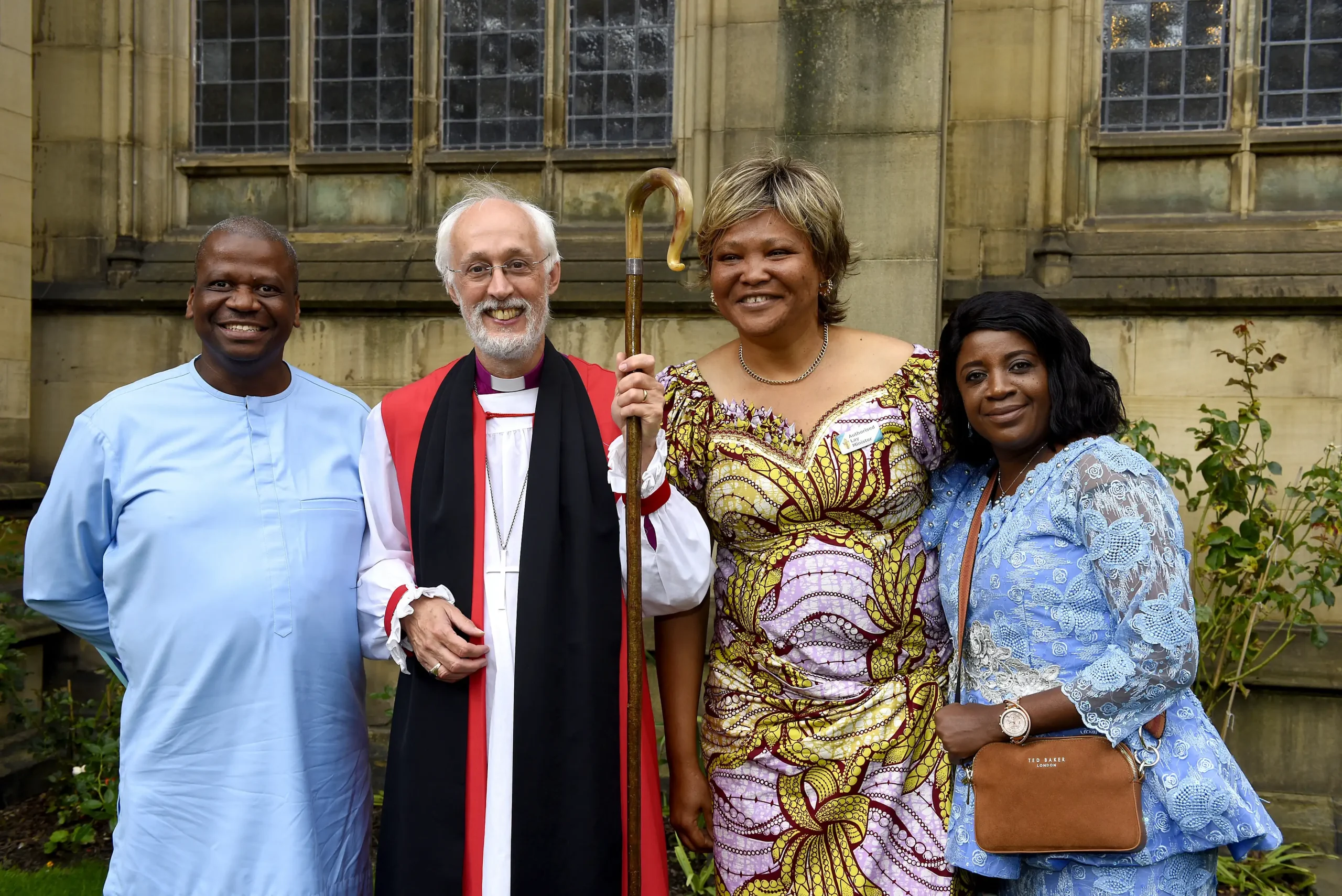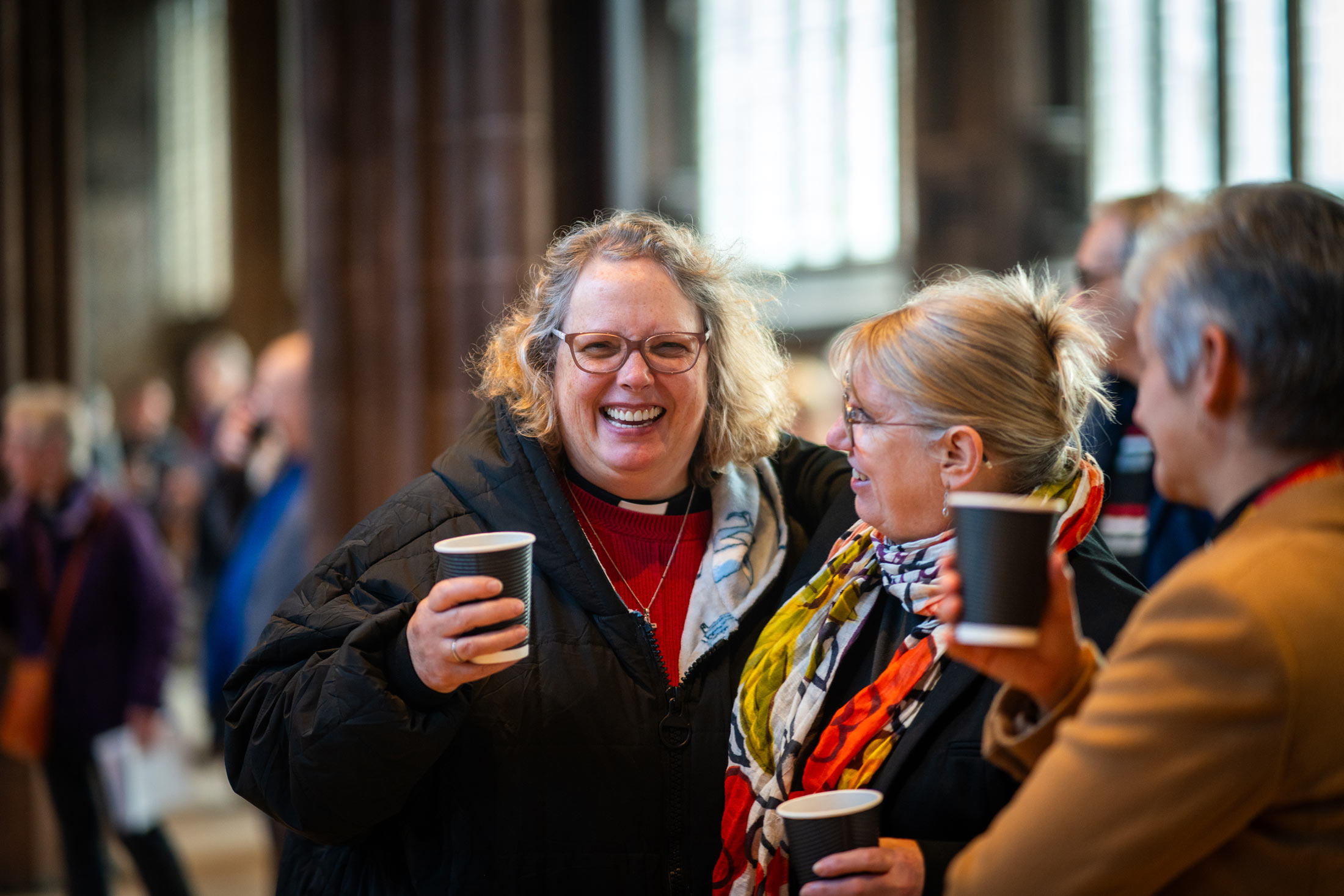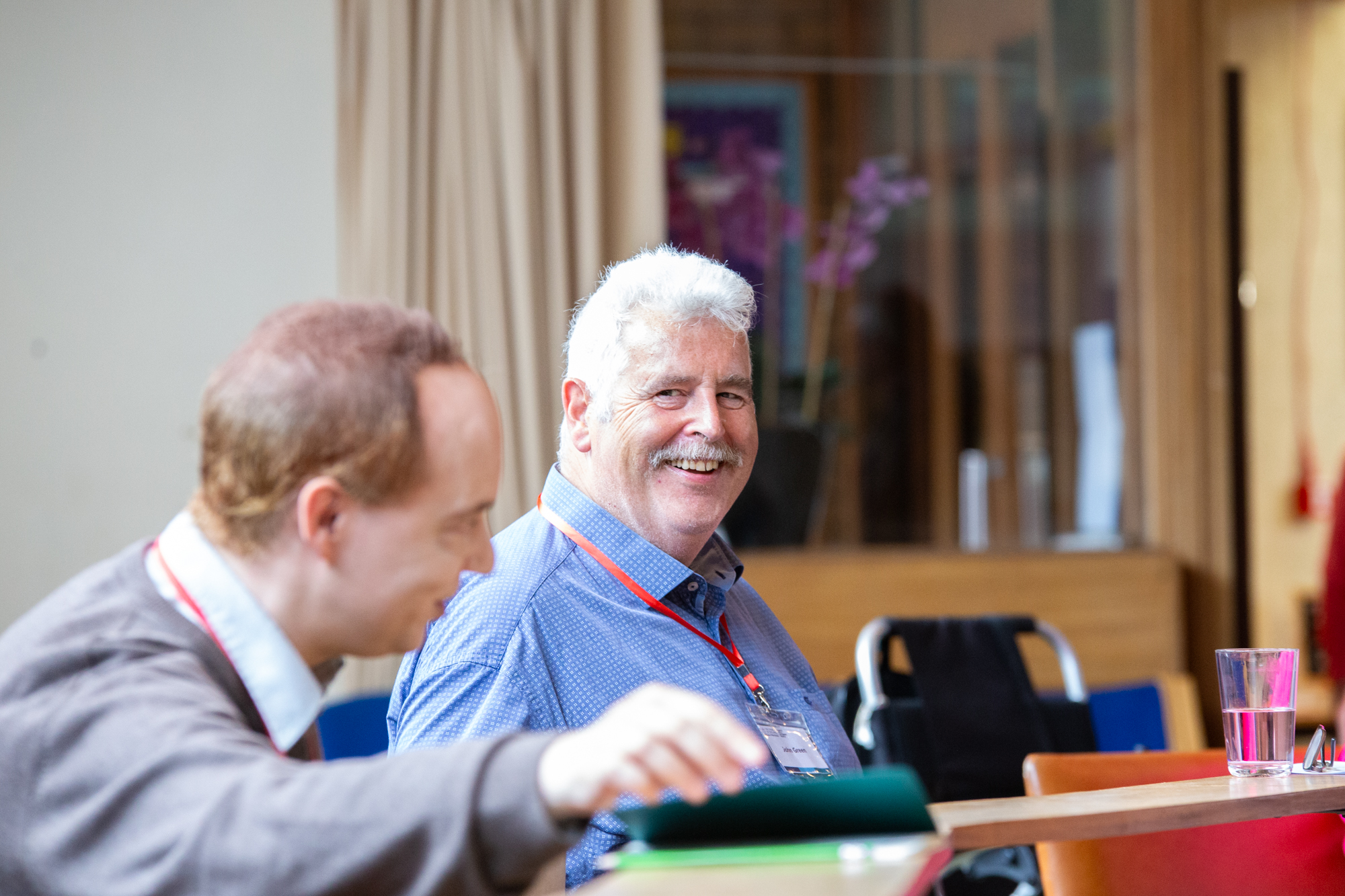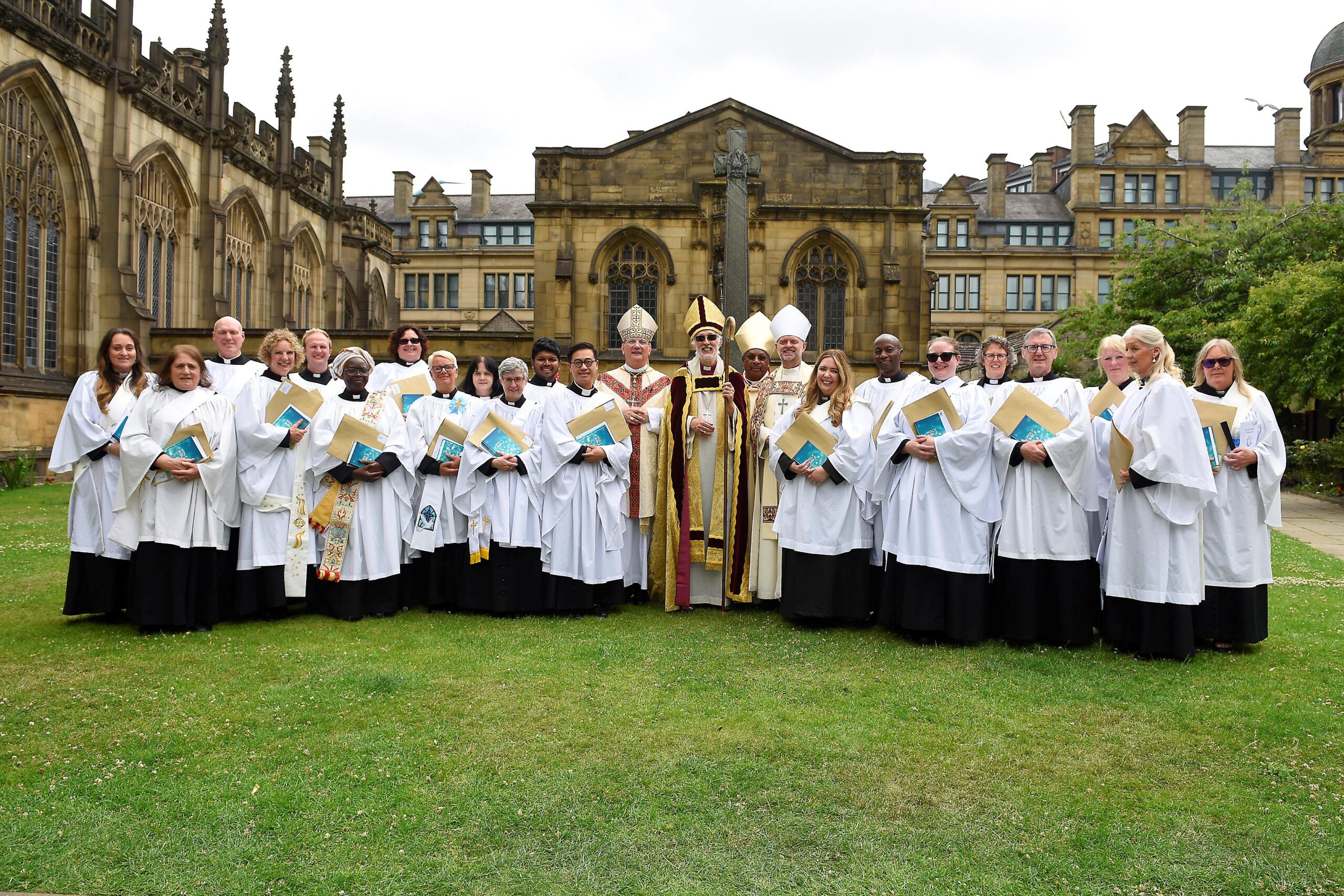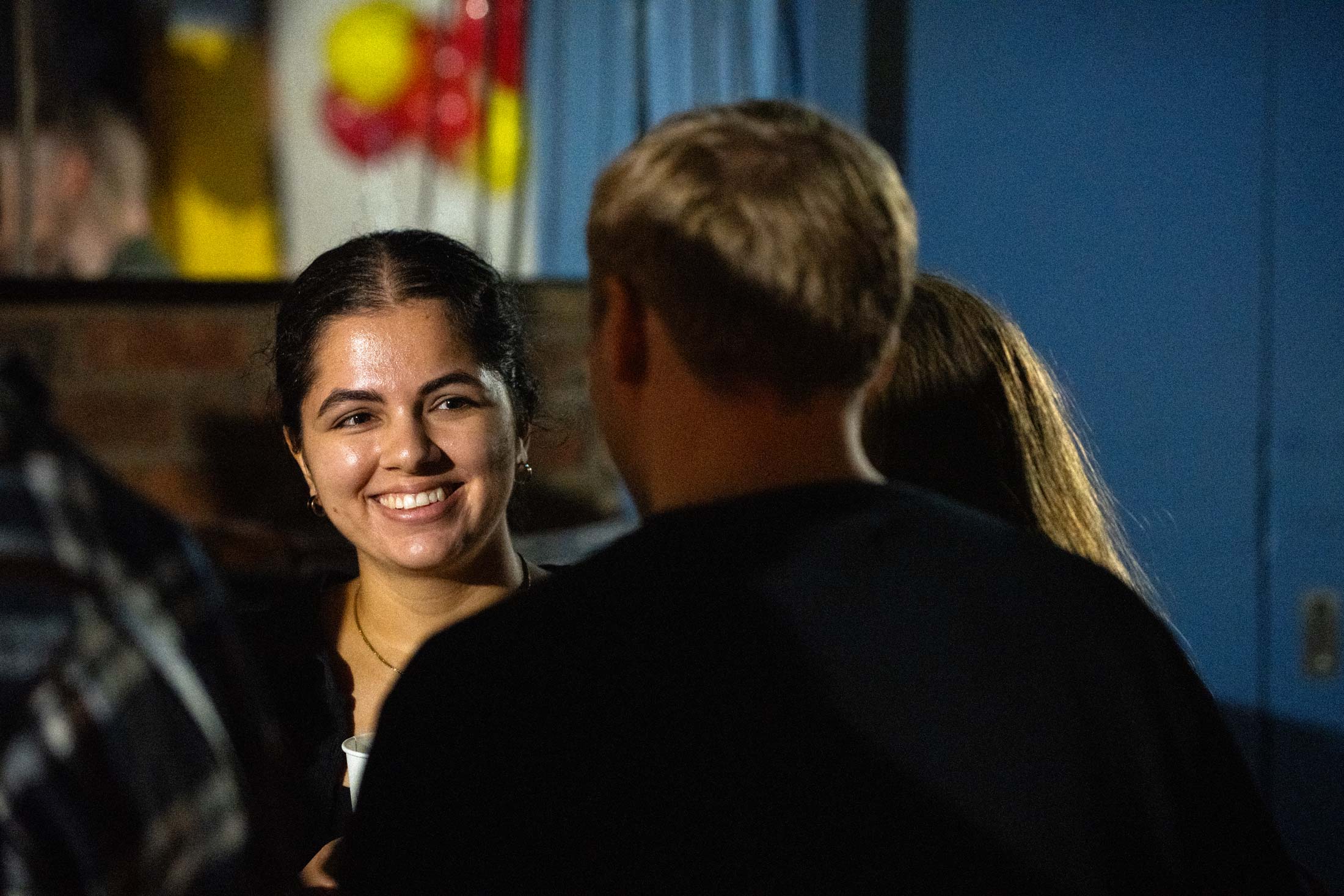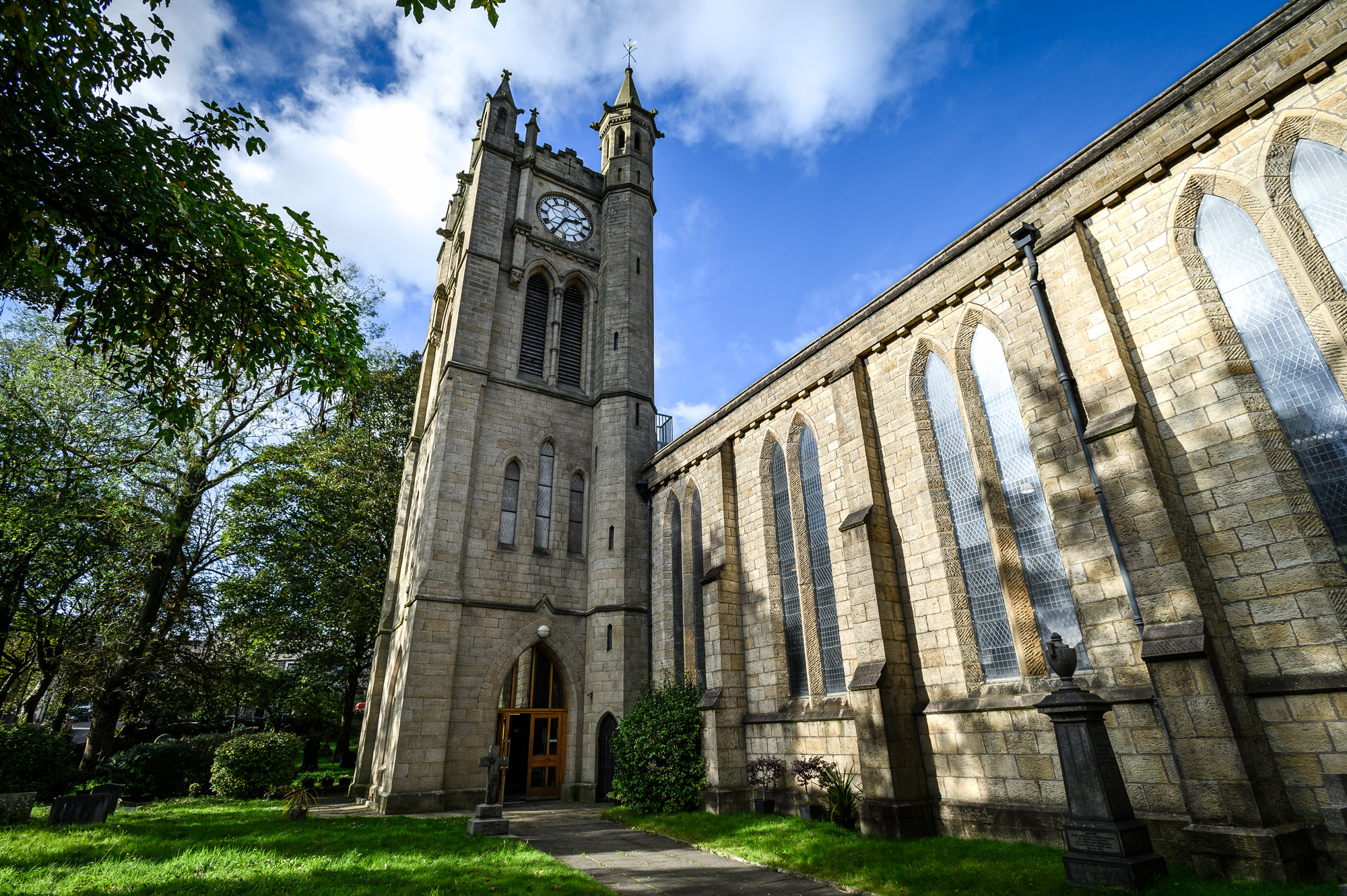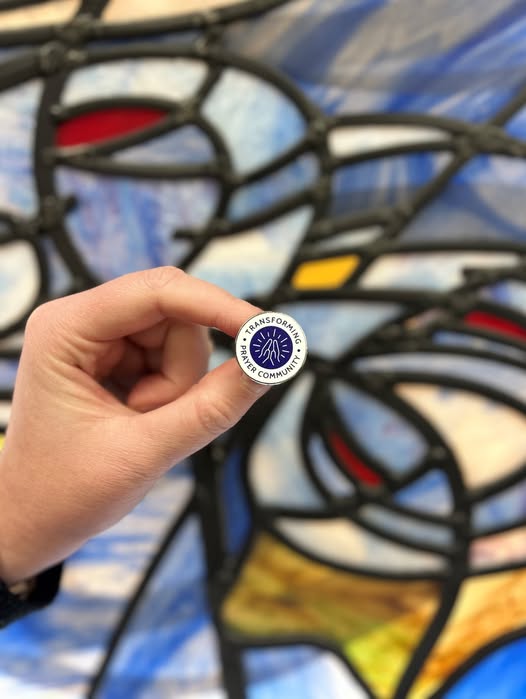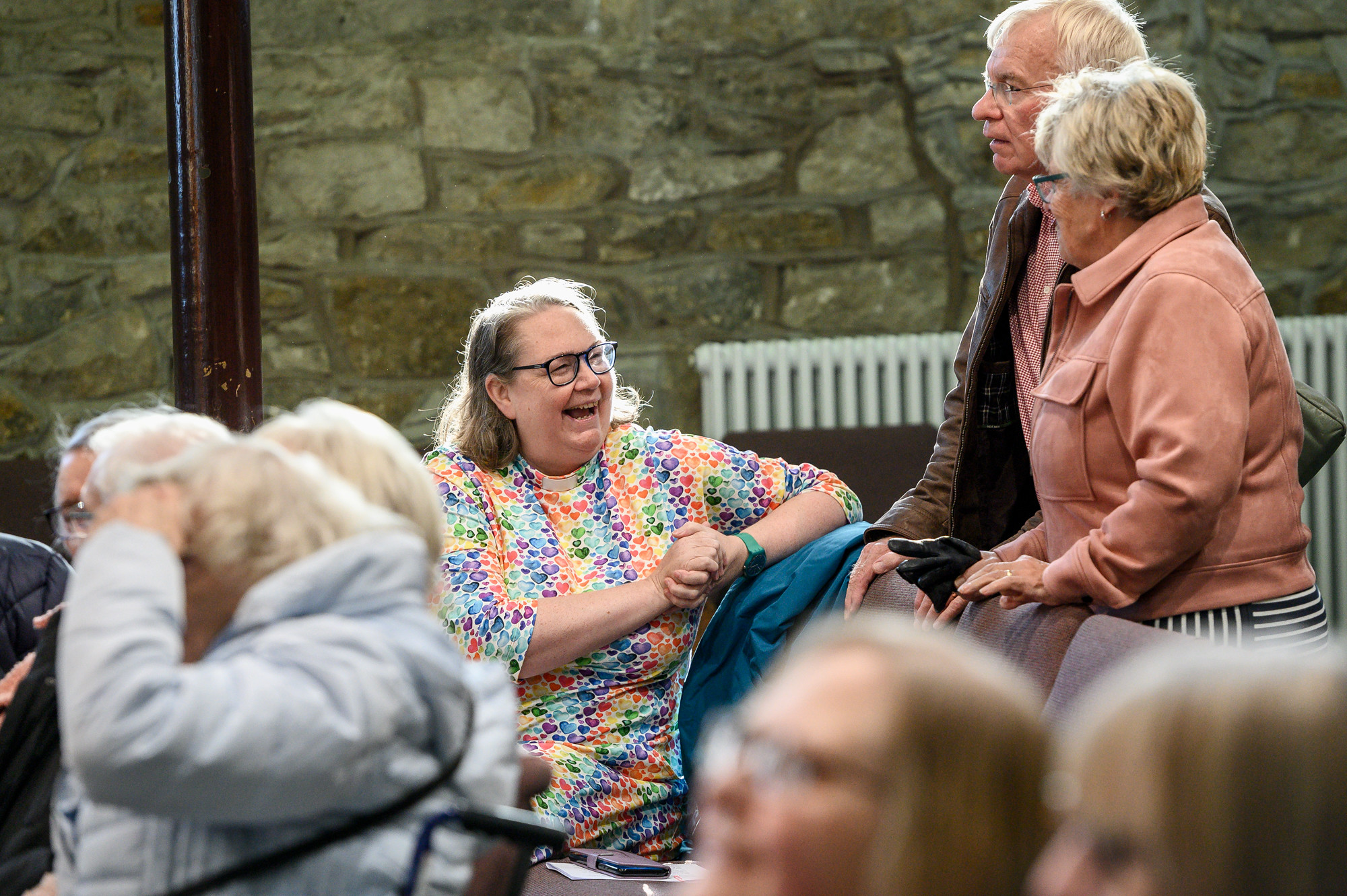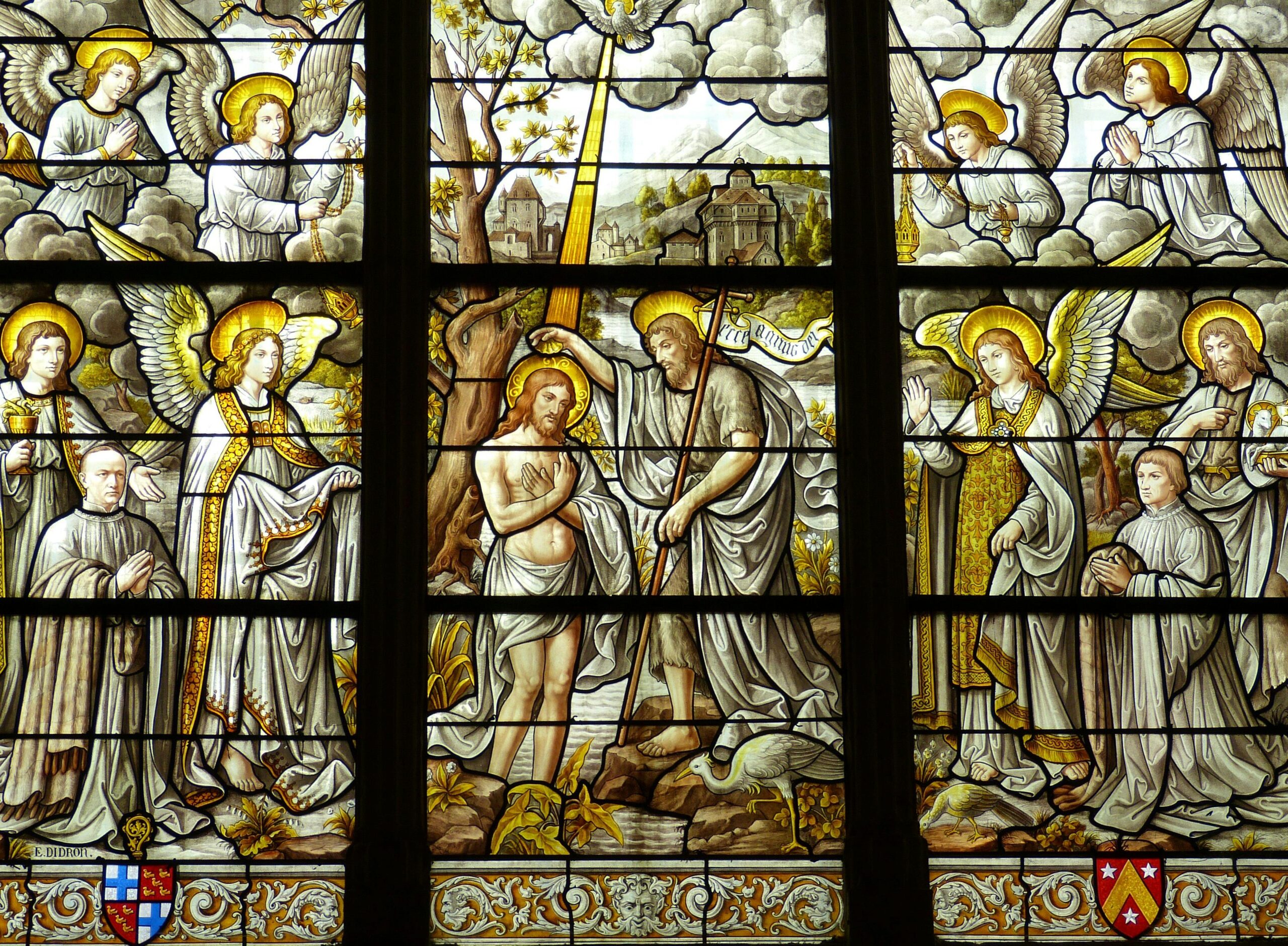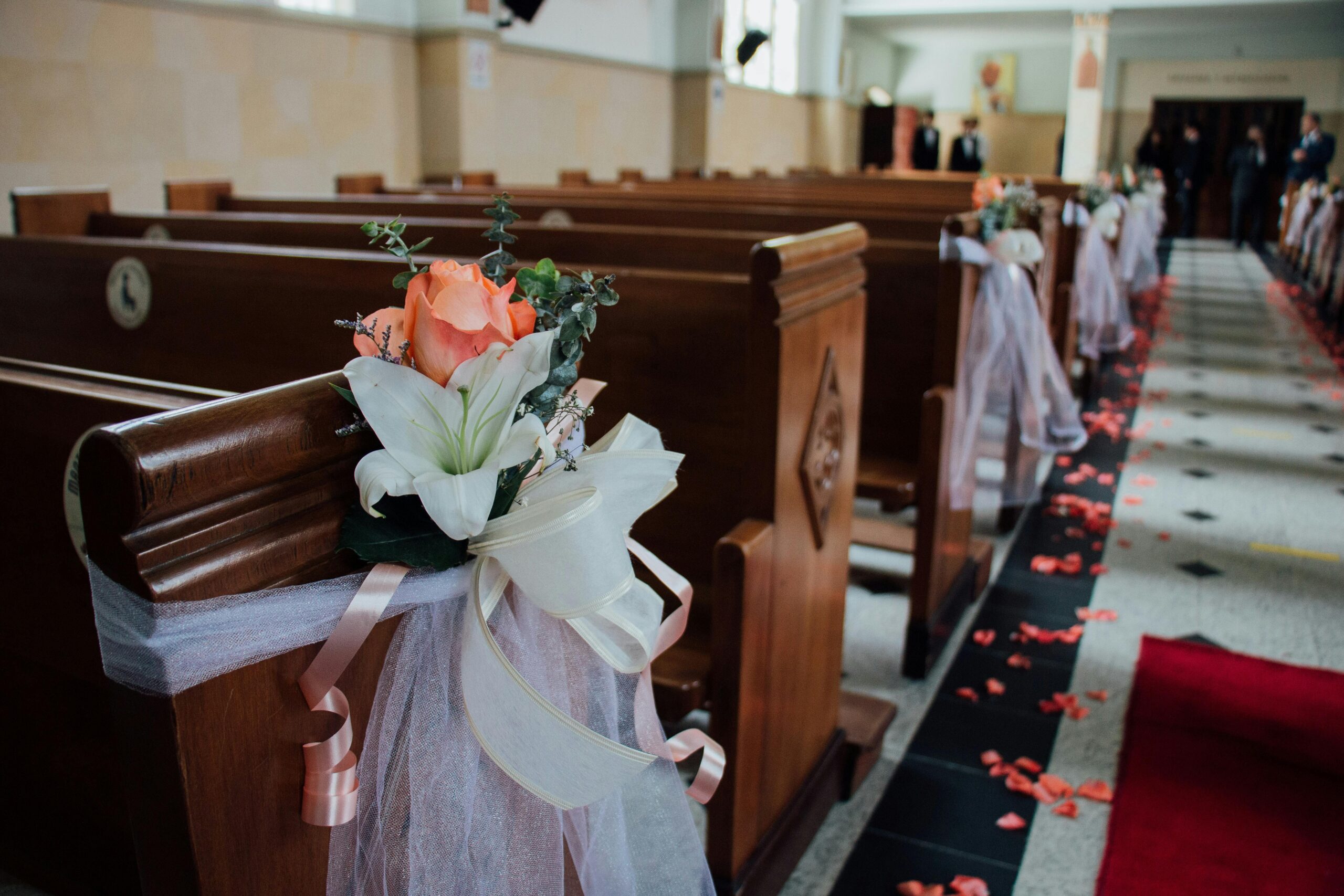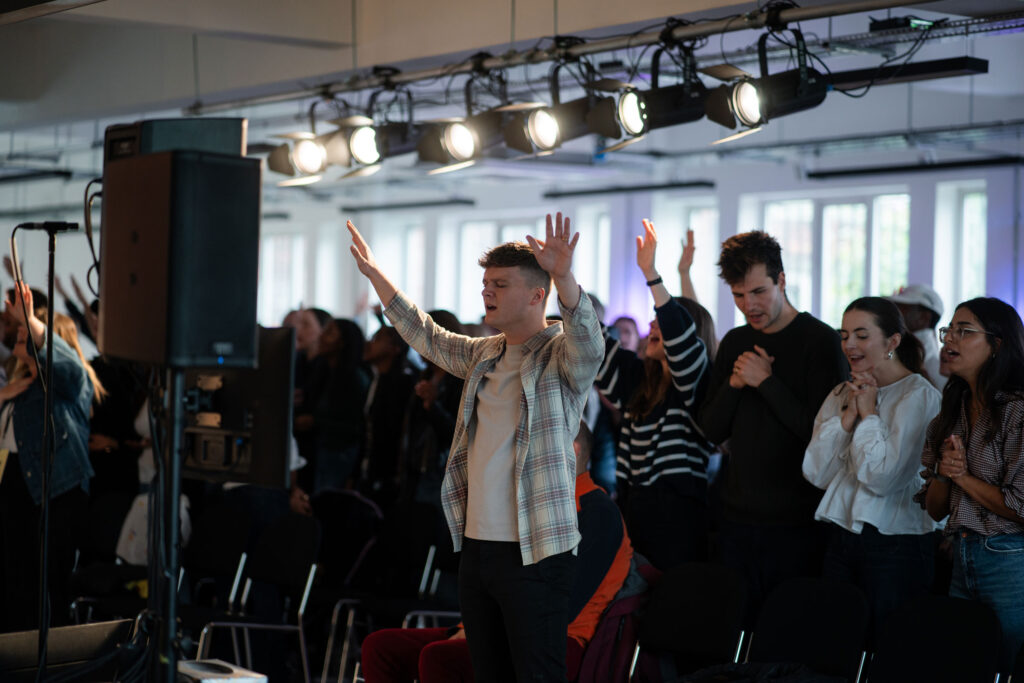
Faith and Calling
This section of our diocesan website is dedicated to helping you explore your journey of faith – whether you’re just beginning to ask questions or seeking to deepen your commitment.
Faith is a lifelong invitation, and we’re here to walk alongside you as you discover where God may be calling you.
Life Events
Faith often touches the big moments in our lives and our churches are here to support you with care, compassion and prayer. If you’re looking to get married, arrange a baptism, or plan a funeral, you can find a local church to you. These sacred milestones are opportunities to encounter God’s presence and celebrate life within the Christian community.
Exploring Vocation
Are you sensing a call to serve? Whether you’re discerning a lay or ordained vocation, we offer guidance, resources, and pathways to help you explore where God might be leading you. From initial conversations to formal discernment processes, we support individuals at every stage of their vocational journey.
Nurturing Discipleship
Discipleship is about growing in faith and following Jesus in everyday life. We offer a range of resources and enquirers’ courses designed to help you explore Christianity, deepen your understanding, and live out your faith with confidence. Whether you’re new to church or a lifelong member, there’s something here for you.
Seasonal Resources
Throughout the Christian calendar, we provide materials and reflections to help you engage with key seasons such as Advent, Lent, Easter, and Pentecost. These resources are designed to support individuals, families, and churches in marking these moments meaningfully and prayerfully.
Explore Faith and Calling
